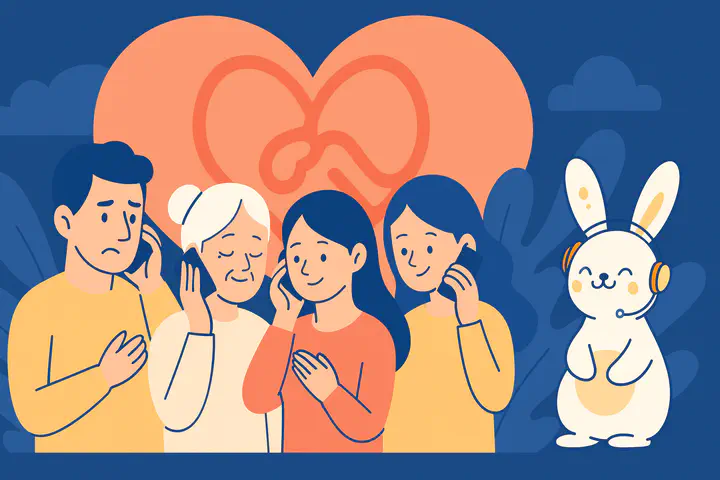Uptake of Mental Health Support by Ukrainian Refugees in Germany

Joint work with Alexandra Avdeenko (World Bank), Luc Behaghel (Paris School of Economics, INRAE), Esther Duflo (Massachussets Institute of Technology), Andreas Ette (Federal Institute for Population Research), Yagan Hazard (Collegio Alberto), Alexander Moldavski (ZI Mannheim), Nicolas Rüsch (Ulm University), and C. Katharina Spiess (Federal Institute for Population Research).
Refugees face substantial mental health challenges, but often underuse available support due to stigma, information gaps, and cultural barriers. Through two large-scale randomized controlled trials involving Ukrainian refugees in Germany, we evaluate innovative digital interventions designed to increase uptake of mental health services. We find that videos featuring relatable patient testimonials significantly enhance hotline utilization, whereas peer-to-peer dissemination remains limited. Surprisingly, explicit prompts to encourage peer-to-peer dissemination via social media reduced overall engagement, uncovering unexpected complexities in leveraging digital peer influence. We build and calibrate a simple social diffusion model illustrating trade-offs between targeting refugees more aware of mental healthcare needs and thus more likely to call for help, as opposed to dissemination in the wider refugee population.
The interventions and experiment are carried out in partnership with established institutions in Germany. Extensions to other countries may be possible at a later date.